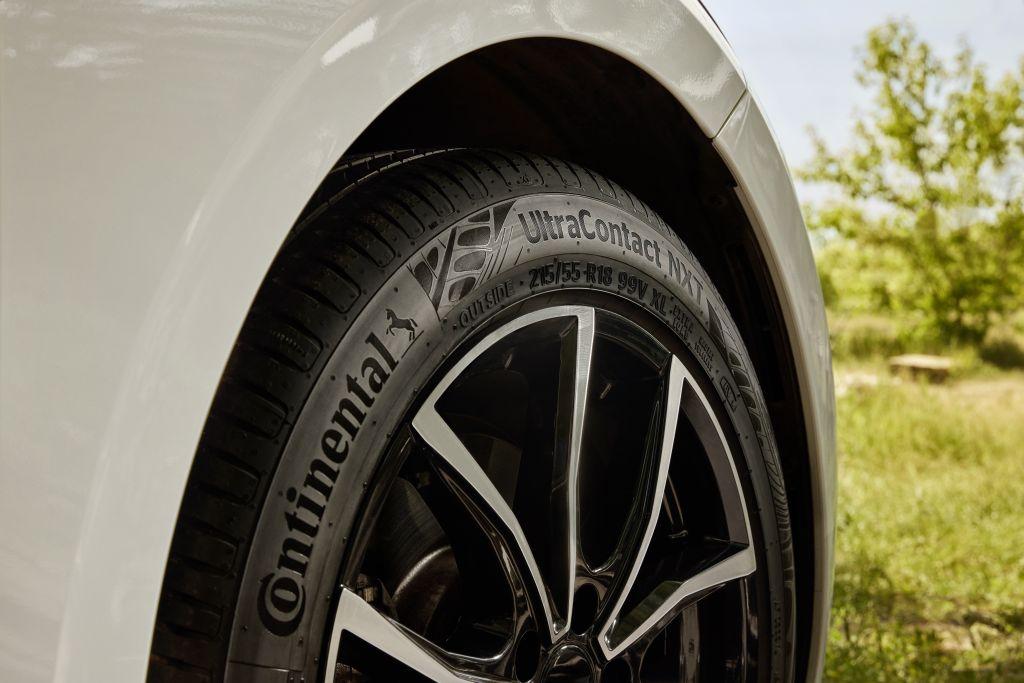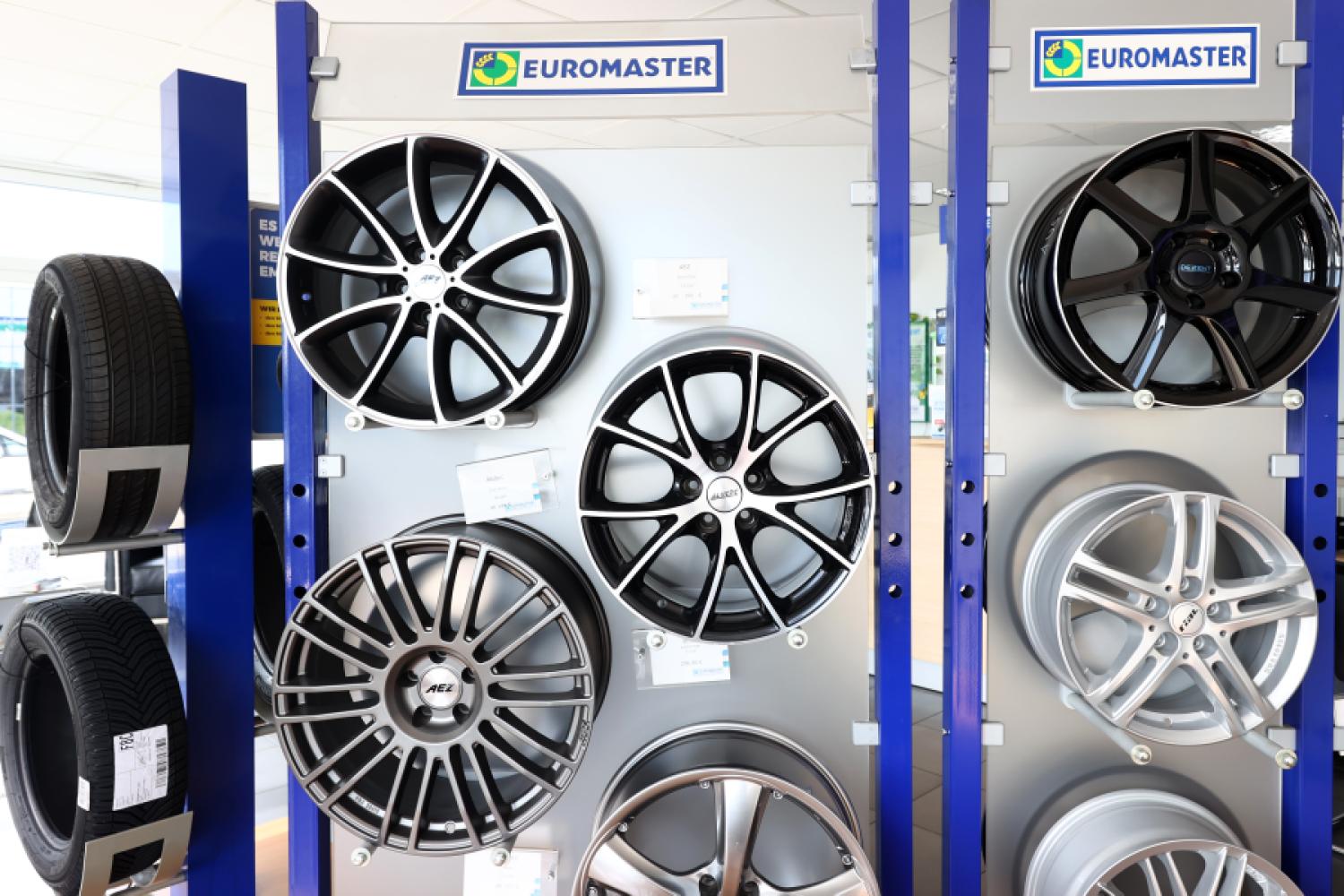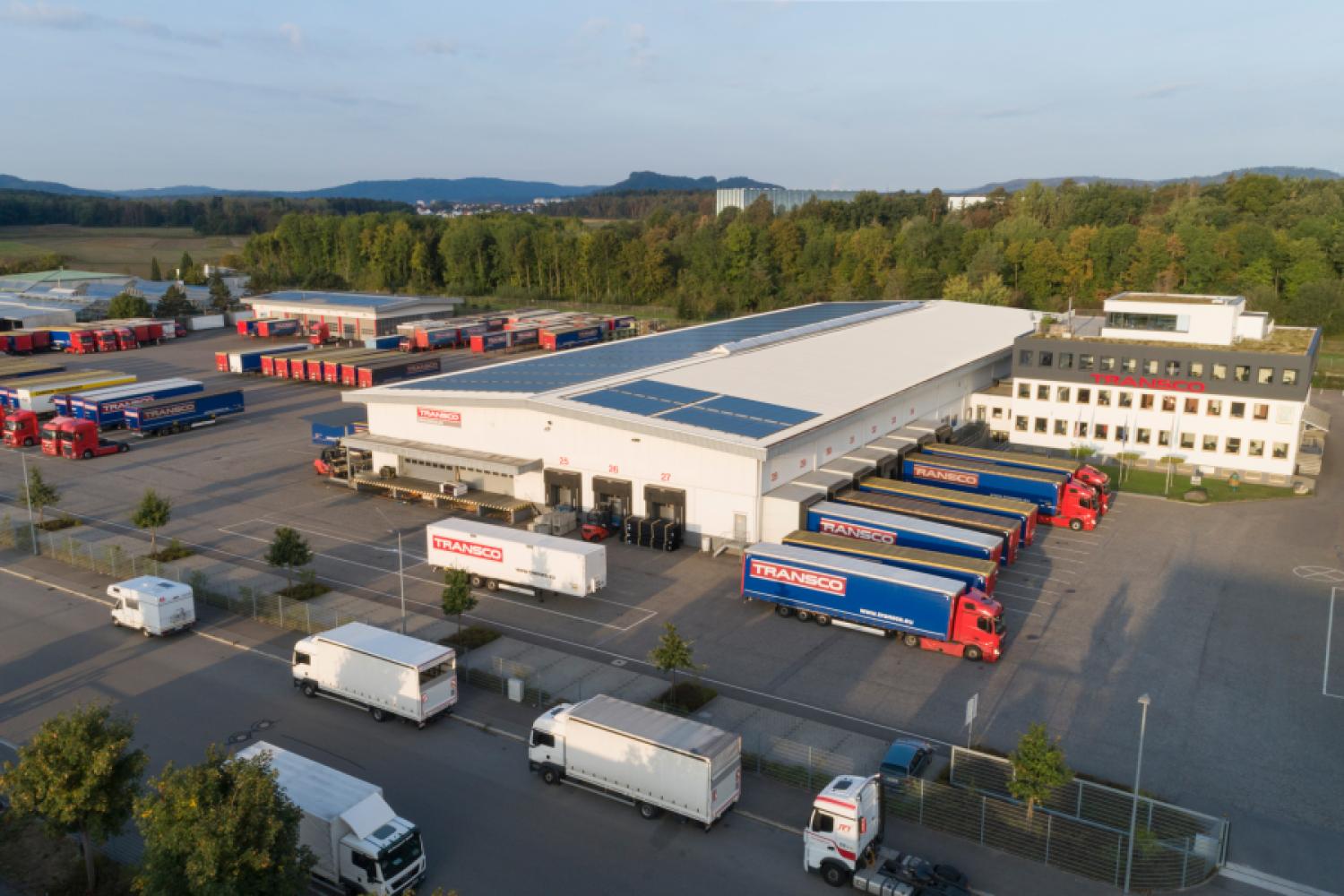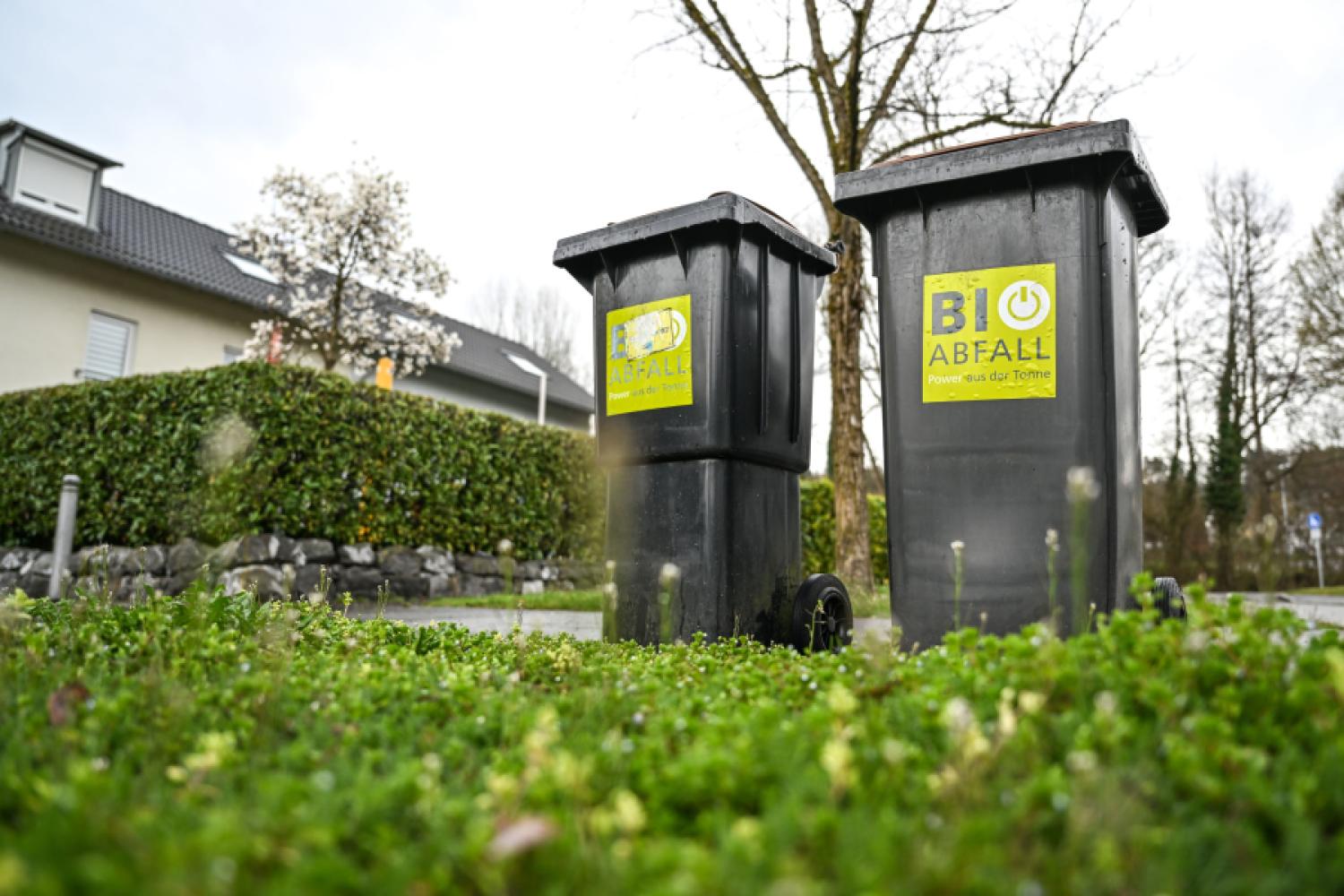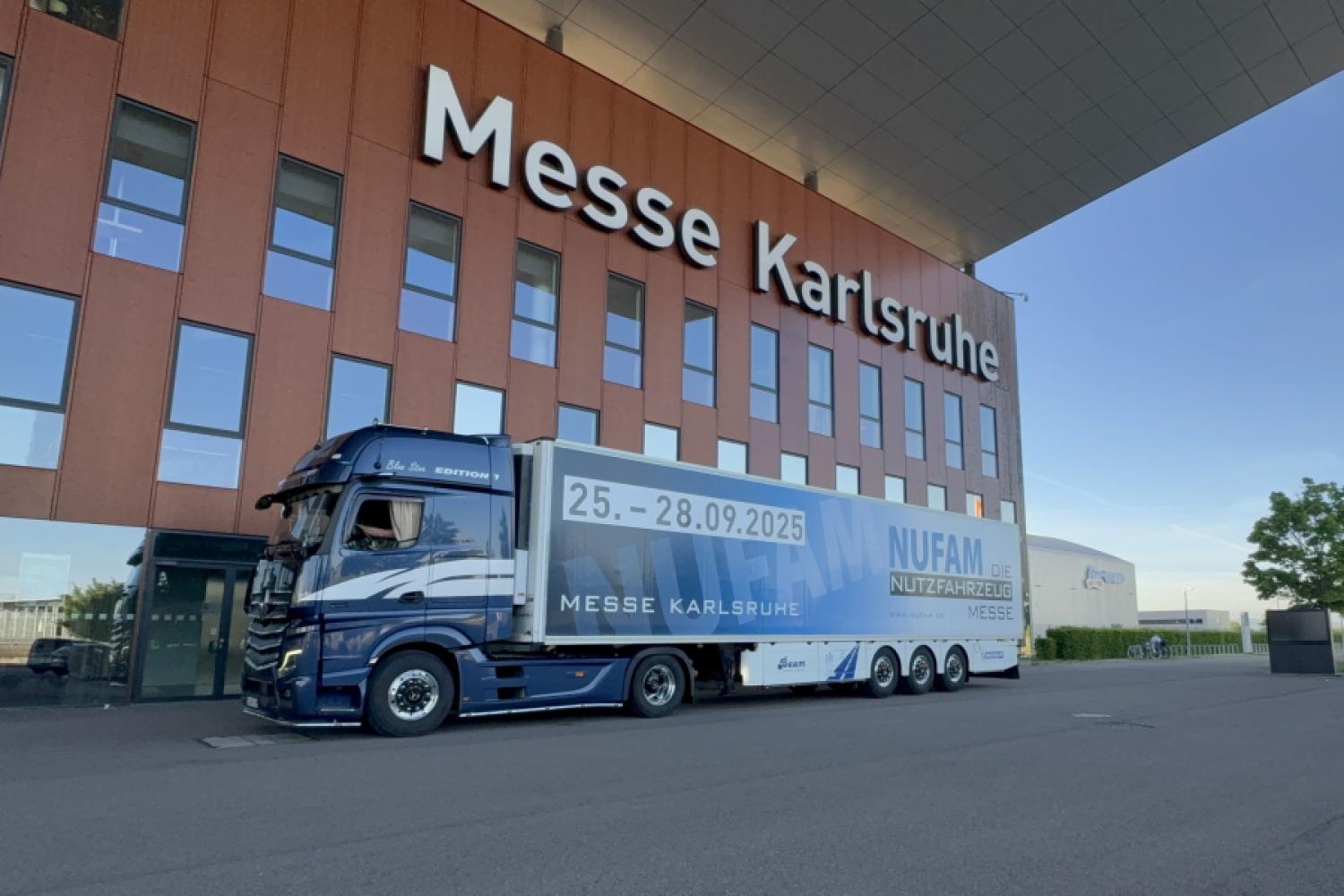KS Automobilclub e.V. has awarded the 43rd KS Energy and Environment Prize in Munich. In this year's edition of the prestigious award, the club honored Continental and Siemens for their innovative, groundbreaking contributions to future-proof mobility. To make mobility future-proof for people and the climate, the entire transportation sector must undergo a transformation. However, this transformation requires commitment, courage, and, above all, innovative strength, according to the club. Climate change, economic aspects, and changing markets will greatly challenge the mobility sector in Germany in the coming years.
“New solutions and innovative thinking are needed that simultaneously address the realities of people's lives and the environmental and climate requirements. Major advances in vehicle technology, new, cleverly interconnected modes of mobility, as well as intelligent and automated traffic planning in urban and rural areas, will be more in demand than ever. This is the only way to create a future,” Ole Eilers, President of the KS e.V. Automobile Club and organizer of the KS Energy and Environment Prize, is convinced.
Germany's third-largest automobile club has been focusing on innovations to save energy and reduce emissions since 1981. The club sees itself as one of the pioneers for more environmental and climate protection in the transportation sector and has made a name for itself early on.
Continental Award
Winner in the Vehicle Technology Category
This year, the 43rd KS Energy and Environment Prize in the Vehicle Technology category is awarded to Continental. The tire manufacturer has launched its most sustainable production tire to date with the UltraContact NXT. With up to 65 percent renewable, recycled, and ISCC (International Sustainability & Carbon Certification) PLUS mass-balance-certified materials, it offers a high proportion of sustainable materials. The share of renewable materials is up to 32 percent, while recycled materials account for up to five percent.
Safety and Performance Combined
Moreover, Continental sources up to 28 percent ISCC PLUS mass-balance-certified materials from bio-based, biologically-circular, and circular raw materials. The tire, available in 19 sizes, offers both safety and performance and excels in EU tire label ratings for rolling resistance, wet braking, and external noise. For years, Continental has been promoting innovative technologies and sustainable solutions along the entire value chain – from procuring sustainable materials to recycling old tires. By 2050 at the latest, all new Continental tires are to be made entirely from sustainable materials. The UltraContact NXT is an important step for the tire manufacturer to achieve its ambitious sustainability goals.
“This production tire is clear evidence for us that Continental is working hard to advance innovative technologies and sustainable solutions along the entire value
chain. Especially given the fact that every car – regardless of its powertrain – needs tires today and in the future, the impact of this innovation is particularly significant,” explained the expert jury about their decision for this year’s KS Energy and Environment Prize in the Vehicle Technology category.
Siemens Award Winner in the Mobility Systems Category
Siemens is the prize winner in the Mobility Systems category in 2025. With DepotFinity, the company has developed a cloud-based software solution that monitors, documents, plans, and manages the operation of charging infrastructures for electric vehicles in depots. Through the efficient organization of charging processes, DepotFinity contributes to optimizing energy consumption, leading to energy savings and a reduction in CO2 emissions. Thanks to DepotFinity, transport companies, municipalities, and businesses can reduce operating costs, optimize energy consumption, and contribute to achieving climate goals. Additionally, the automated and data-driven management of charging processes makes operations more efficient. Besides the optimized processes and resource savings, the KS expert jury also considered the flexibility and scalability of the concept as a major advantage in their decision-making.
“DepotFinity can be adapted and applied to a variety of urban as well as regional contexts. The system can meet diverse requirements from small fleets to large urban transport companies and support different charging infrastructures and
vehicle types. We see this as a major advantage in Siemens’ innovative system,” explains the expert jury regarding their decision for the winner in the Mobility Systems category.
Germany Can Innovate
The automobile club believes that Germany has repeatedly demonstrated its ability to innovate. This will be particularly necessary in the German automotive industry in the coming years. On the one hand, climate change is approaching quickly and with full force. A joint report by the EU Climate Service Copernicus and the World Meteorological Organization (WMO) announced last month that Europe is the fastest-warming continent, with the consequences of climate change manifesting in “heat stress” days or increasingly frequent extreme weather events in the form of floods or inundations, the club outlines.
Transport Sector Must Reduce Emissions
The transport sector is one of the contributors to this. On the other hand, the automotive industry in Germany is under economic pressure: China is beginning to roll out its electric fleets worldwide, and U.S. tariff policy is disrupting global trade. Locally, people are also increasingly feeling the need for clear mobility improvements.
“There is a great need for action here. However, we are convinced that the turnaround towards smart, sustainable mobility will succeed. The innovations of our award winners give us optimism again this year,” sums up
